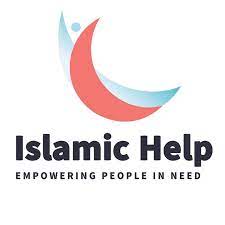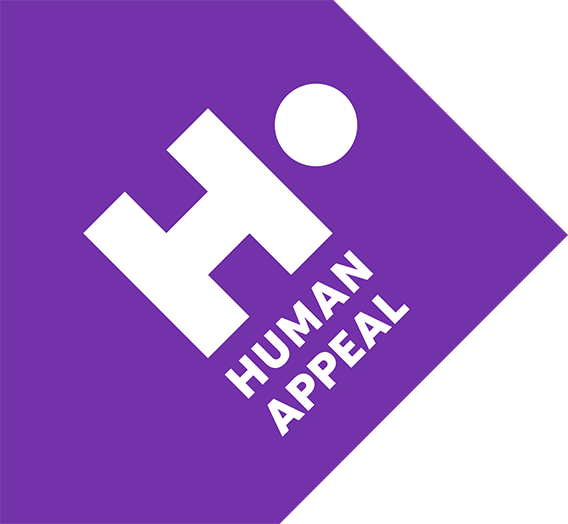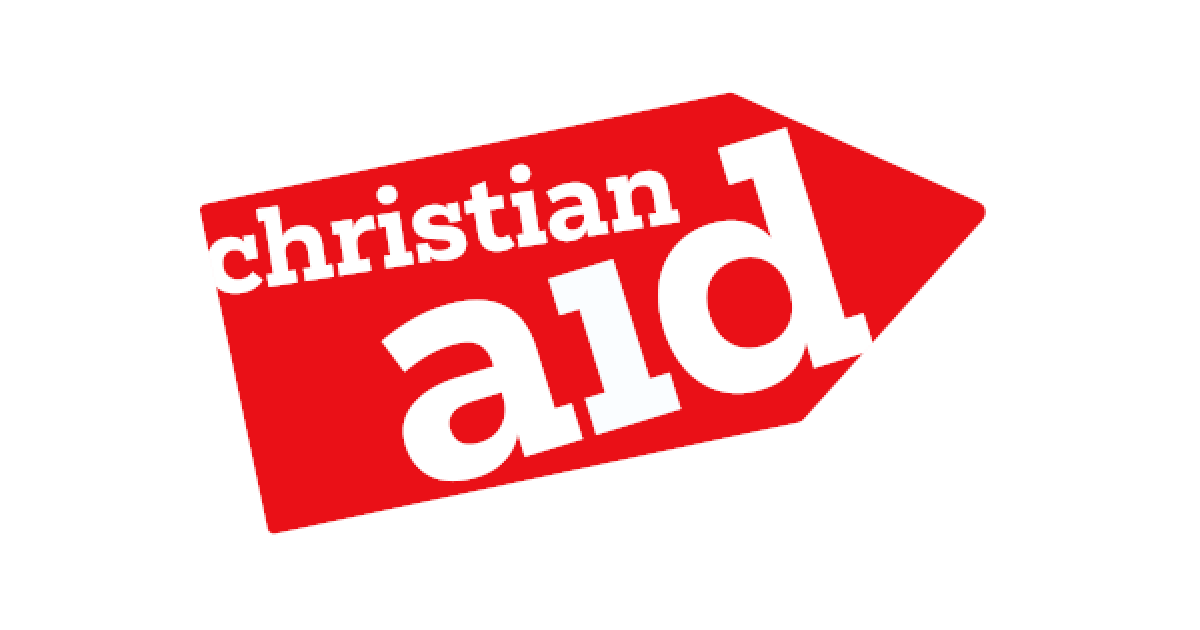Protecting Your Generosity: Safe Donations This Ramadan
Ramadan is a time of profound spiritual reflection and an outpouring of generosity. As Muslims around the world embrace the holy month with increased charitable giving—through both obligatory Zakat and voluntary Sadaqah—there is also a corresponding rise in fraudulent schemes that seek to exploit this goodwill. With donations surging during this period, it becomes essential to safeguard your contributions so they reach those in genuine need, rather than falling prey to fraudsters.
Why Ramadan Is a Big Fundraising Month
Ramadan holds a special place in the hearts of many due to its emphasis on self-improvement, empathy, and community support. During this holy month, charitable giving is not only encouraged but is regarded as a duty to help those less fortunate. This cultural and religious imperative leads to a significant spike in donations, making Ramadan one of the busiest fundraising periods of the year. Many view the act of giving as a way to purify wealth and support community initiatives, from food banks to healthcare projects.
However, this surge in generosity also creates an attractive opportunity for fraudsters. As more people are moved to give, there is an increased risk that opportunistic scammers will fabricate emotional narratives designed to mimic legitimate charities.
Recognising the Risks
Regulatory bodies have issued clear warnings about the heightened risk of deception during Ramadan. Unscrupulous individuals may use misleading appeals, sophisticated online scams, and even phishing emails to impersonate reputable charities. According to a spokesperson from the Charity Commission, as cited in an independent online report, “Fraudsters are increasingly exploiting the generosity of Ramadan by fabricating emotional narratives that mimic legitimate charities.”
This statement serves as a stark reminder that the very spirit of Ramadan—intended to foster community support and mutual trust—can be undermined when donors are misled. Such fraudulent practices not only result in financial loss but also erode trust in genuine charitable organisations.
What Regulators Are Saying
A Fundraising Regulator and Charity Commission for England and Wales has urged donors to be vigilant during Ramadan. The government emphasises the need to:
- Verify Charity Credentials: Ensure that any charity you wish to support is officially registered with the appropriate regulatory authorities.
- Scrutinise Online Platforms: Check that a charity’s website is secure (look for “https” in the URL) and that clear contact details are provided.
Moreover, the independent online report advises donors to be sceptical of unsolicited appeals.
Practical Tips for Safe Giving
To make sure your donations have the maximum positive impact, consider the following guidelines:
- Verify Charity Credentials:
Always check that the charity is officially registered with the relevant regulatory authorities. Use trusted sources such as government websites or official charity commission registries to confirm the organisation’s legitimacy. - Examine the Website and Online Presence:
Ensure the charity’s website is secure by looking for “https” in the URL. Check for comprehensive details about the organisation, including physical addresses and clear contact numbers. - Be Cautious of Unsolicited Appeals:
If you receive unexpected emails, text messages, or phone calls soliciting donations, take a moment to independently verify the request. Authentic organisations usually communicate solely through their official channels. - Donate Directly:
Whenever possible, make your donation directly via the charity’s official website or through trusted donation platforms. This helps avoid intermediaries whose legitimacy might be uncertain. - Do Your Research:
Look for reviews, feedback, and recent news about the charity. Extra diligence can provide further assurance regarding the organisation’s reputation and help you steer clear of scams. - Keep Records:
Retain receipts and correspondence related to your donation. Keeping detailed records not only helps in case of disputes but also provides a reference for future contributions.
Additional Safeguards and Examples of Fraud
While the majority of charities operate with the highest ethical standards, there have been instances during Ramadan where fraudulent campaigns have surfaced. Some fake campaigns have even used official logos and imagery to appear legitimate, promising urgent aid or medical assistance but ultimately diverting funds from those in real need.
Regulators recommend that if an appeal seems unusually urgent or emotionally charged, you should cross-check any claims made by the organisation. Consult with trusted community leaders or your local mosque for recommendations on reputable charities. This additional step can be invaluable in ensuring your donation truly makes a difference.
Embracing the True Spirit of Ramadan
Safe giving is not merely a precaution—it is a way of honouring the true essence of Ramadan. By ensuring your contributions reach those who need them most, you uphold the values of compassion, community, and mutual trust that are central to this holy month. Each verified donation plays a vital role in uplifting communities, supporting essential services, and reinforcing the integrity of the charitable sector.
In a time when fraudulent schemes may cast a shadow over genuine goodwill, taking a few extra steps to verify the authenticity of a charity can make all the difference. As you prepare to make your donations this Ramadan, let diligence and care guide your generosity. When every donor takes these precautions, we can collectively build a more secure and trustworthy charitable environment that truly reflects the spirit of Ramadan.
Final Thoughts
Ramadan is a sacred period for reflection, community, and charitable giving. However, the increased generosity that defines this month also attracts those who would exploit it for personal gain. By following the advice from regulators and heeding the warnings from experts, you can protect your contributions and preserve the true spirit of Ramadan.
Published: 25 February 2025
Updated: 4 March 2025








